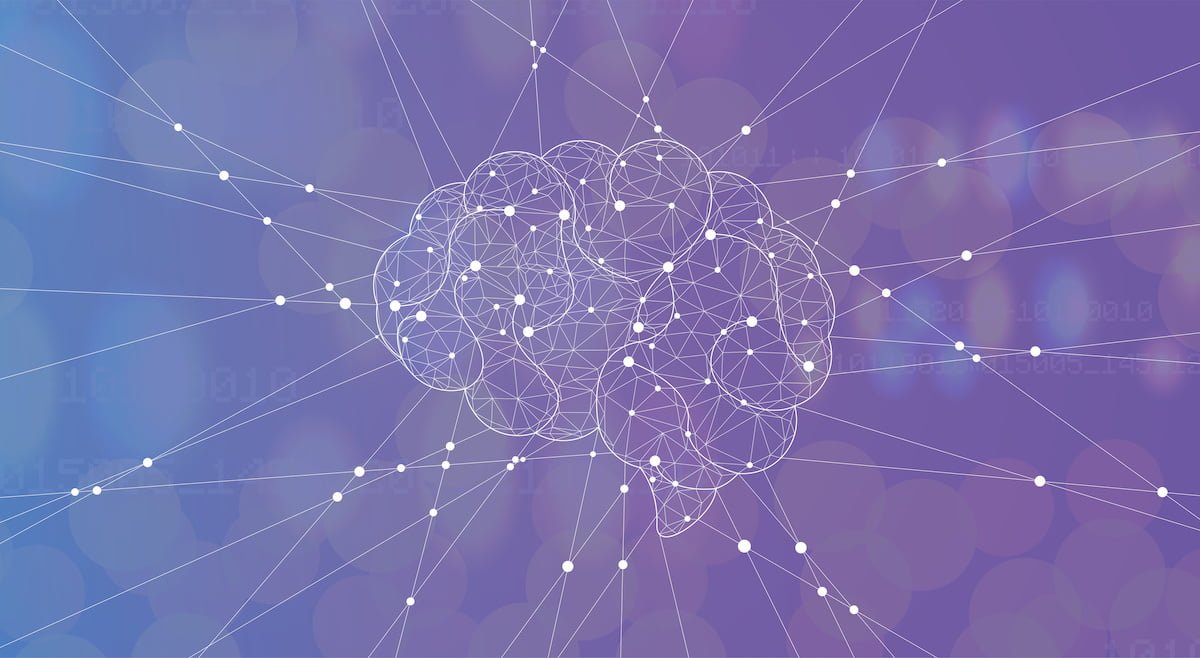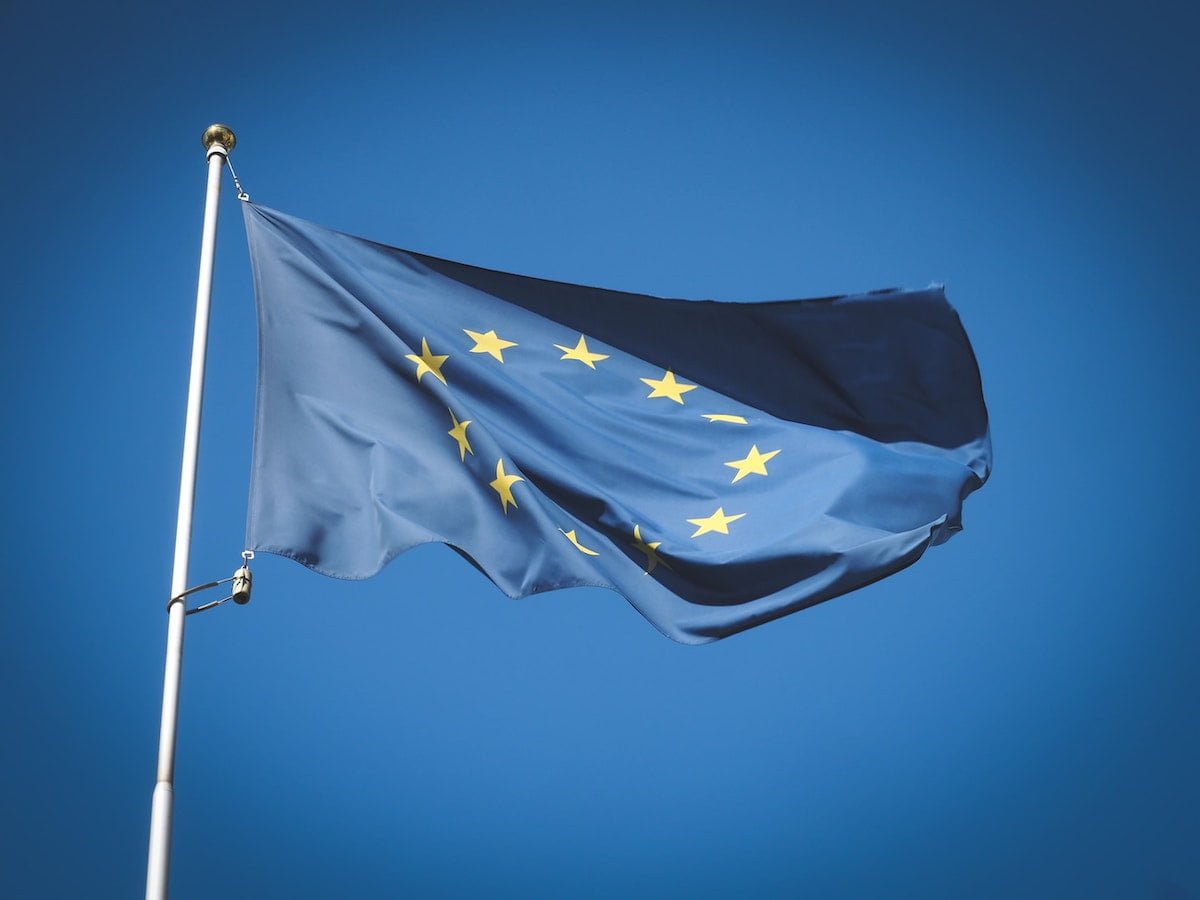Uncategorised
Can we harness psychedelics to treat brain disorders – without the trip?
The Federation of European Neuroscience Societies (FENS) will bring together experts to present work on this topic at the annual FENS Forum hosted in Paris this year.

Uncategorised
Canada recommends launch of Veterans psychedelic research programme
Uncategorised
PAREA’s psychedelic push: improving policy for mental health innovation in Europe
Uncategorised
Study to investigate psilocybin therapy for cancer-related depression
-

 Opinion2 years ago
Opinion2 years agoClerkenwell Health is launching a free UK psychedelic therapist training programme
-

 Insight3 years ago
Insight3 years agoMixing psychedelics with lithium poses significant risk of seizures
-

 Medicinal2 years ago
Medicinal2 years agoMDMA therapy for PTSD granted innovation passport by UK
-

 Research2 years ago
Research2 years agoLSD trial for the treatment of adult ADHD initiated
-

 Medicinal2 years ago
Medicinal2 years agoMDMA: the love drug?
-

 Markets & Industry1 year ago
Markets & Industry1 year agoWhere can I find training for psychedelic therapy?
-

 News3 years ago
News3 years agoAwakn’s second psychedelic therapy clinic to open in London
-

 Medicinal2 years ago
Medicinal2 years agoNew compound could make microdosing “heart-safe”


















